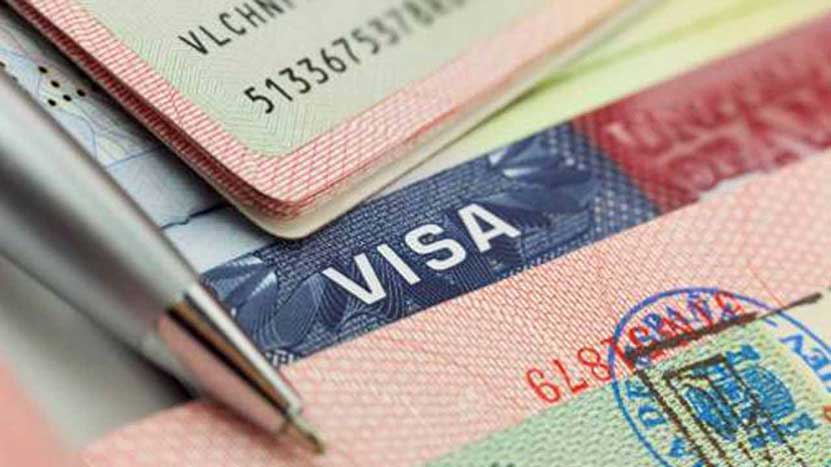The US Citizenship and Immigration Services (CIS) has warned that potential immigrants may have fraudulently gamed the tech workers visa lottery known as H-1B visas. The government agency stated that people from around the world in consort with tech companies in the United States may have abused the lottery system to gain an unfair advantage.

According to the CIS, the number of H-1B visa applications in this year’s computer-generated lottery is 780,884 as against the 483,927 applications for last year – a 61% increase. And that of the previous year was 308,613 applications. Every year, the number of H-1B visas approved by the government is 85,000. The immigrants are usually hired as tech workers in companies such as Google, Amazon, Facebook, and IBM among others.
“A large number of eligible registrations for beneficiaries with multiple eligible registrations — much larger than in previous years — has raised serious concerns that some may have tried to gain an unfair advantage by working together to submit multiple registrations on behalf of the same beneficiary,” the agency stated. “This may have unfairly increased their chances of selection.
“We remain committed to deterring and preventing abuse of the registration process, and to ensuring only those who follow the law are eligible to file an H-1B cap petition.”
The H-1B visa or tech workers visa is designed to provide international workers for US tech companies where there are not enough local talents to fill available positions. The CIS said the program is part of the country’s economic and immigration system but some elements are abusing the process for fraud.
“The H-1B program is an essential part of our nation’s immigration system and our economy, and the USCIS is committed to implementing the law and helping meet the ever-changing needs of the US labor market,” the agency said. “We are working on an upcoming H-1B modernization rule that will propose, among other improvements, bolstering the H-1B registration process to reduce the possibility of misuse and fraud in the H-1B registration system.”
The government said there may have been multiple visa registrations and that several companies or representatives may have filed numerous applications on behalf of one and the same client. Authorities also said the visa application of some people might be denied or revoked based on false attestation after an intensive investigation is conducted.
The government said that law enforcement may even be invited in case representatives or companies or even individuals are to be charged with fraud and crime. “Furthermore, USCIS may also refer the individual or entity who submitted a false attestation to appropriate federal law enforcement agencies for investigation and further action, as appropriate,” the CIS said.
